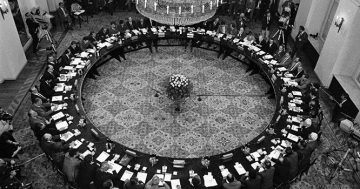 Dimitrina Petrova in Dissent:
Dimitrina Petrova in Dissent:
The ideological victory of liberal democracy over communism shaped the way in which historians, politicians, and social scientists made sense of the events of 1989. But there is a strong case today for a revised look at the revolutions of 1989—a critique of the way the prevailing narratives and theories have presented these revolutions as essentially a transition from the tyranny of the party-state to a free and democratic society. A more complex picture of that momentous year reveals not only the eclipse of different possibilities, but how frustrated expectations have shaped post-communist societies in subsequent decades, contributing to the upsurge of illiberal populism in the region over the last decade.
Today’s dominant narrative of 1989 gets one important thing right: liberty was the lodestar for many revolutionaries, in particular the intellectual elite. But the majority of the people were more annoyed by the betrayal of the communist promise of equality than by the lack of civil liberties. They came out in the streets and squares of Central and Eastern Europe in the hundreds of thousands because elites that had promised equality had instead built a world of privilege for themselves. The paradox of 1989 is that communism was stormed and brought down from the left, by people with unfulfilled egalitarian aspirations, but the revolutionary road led to a new society that has been experienced as more unfair than communism.
More here.
